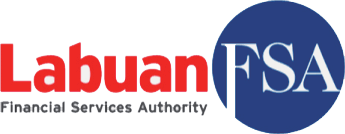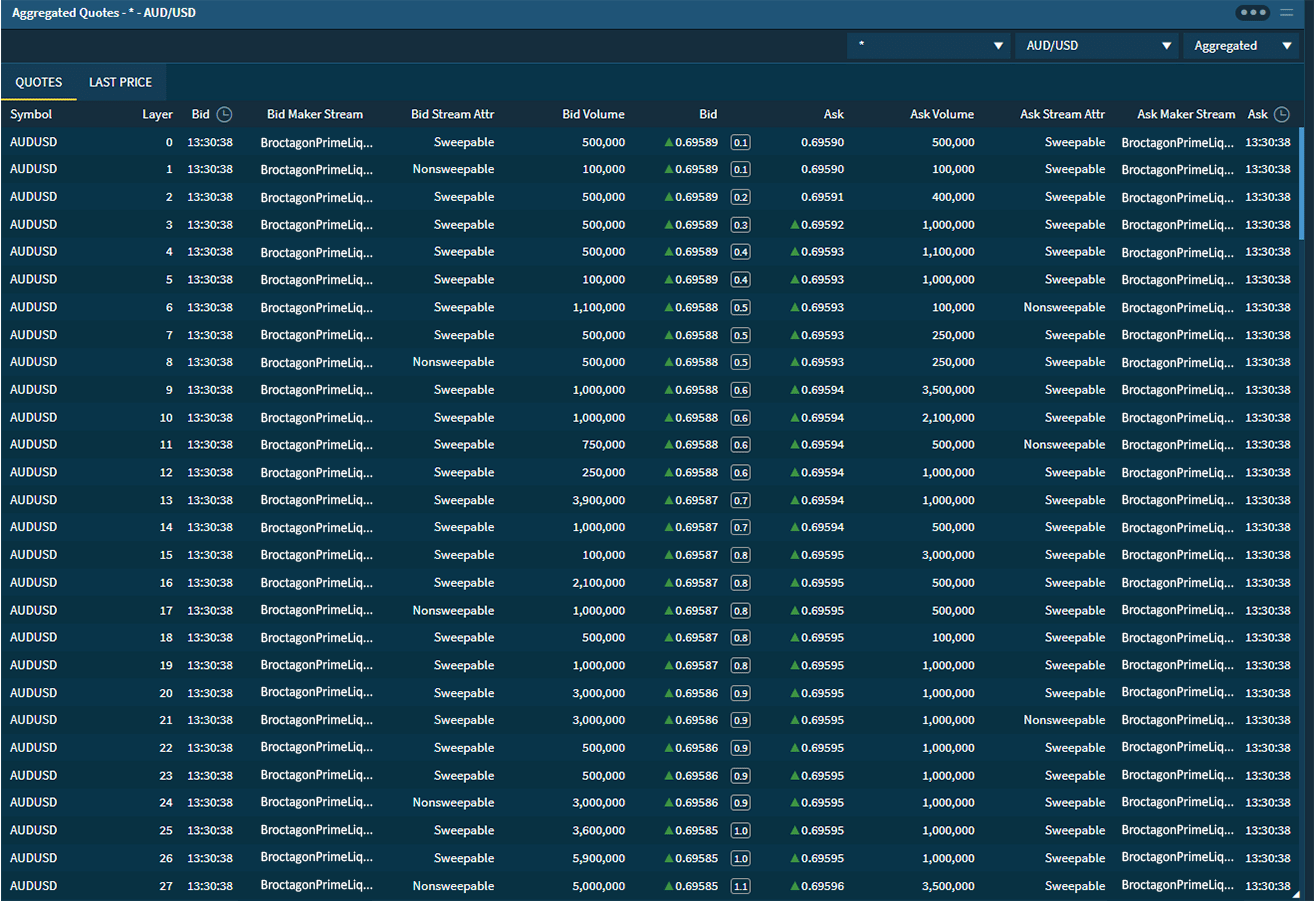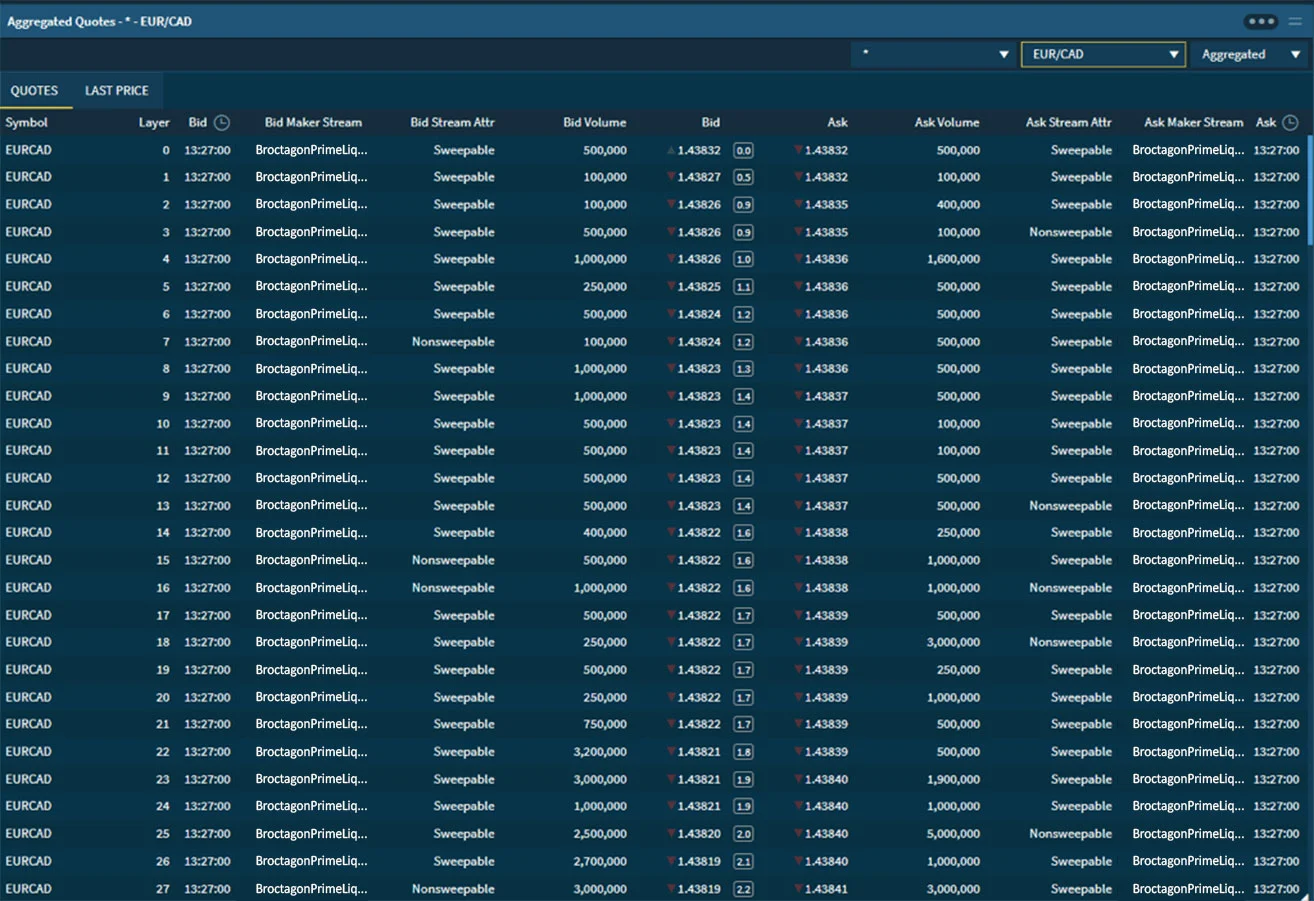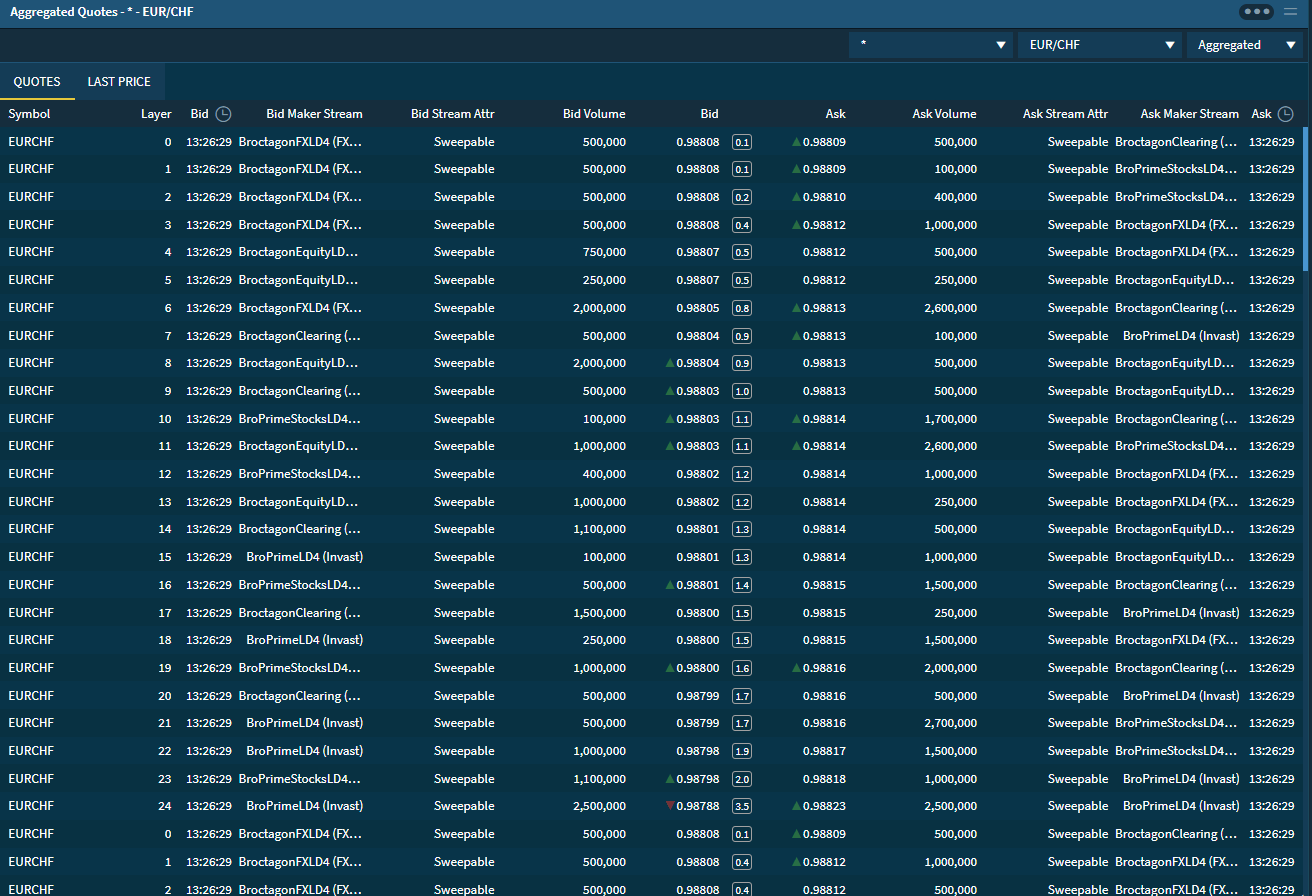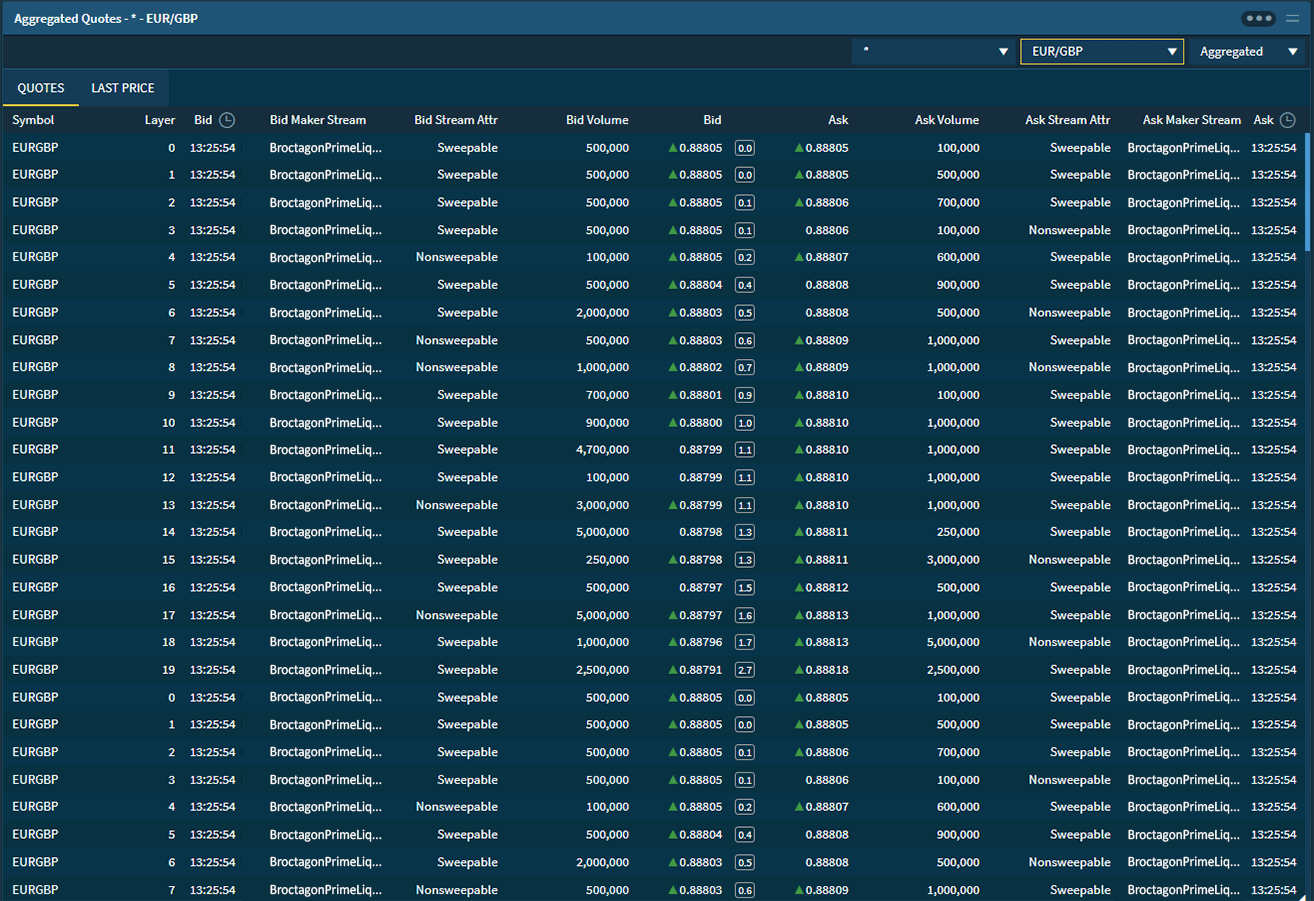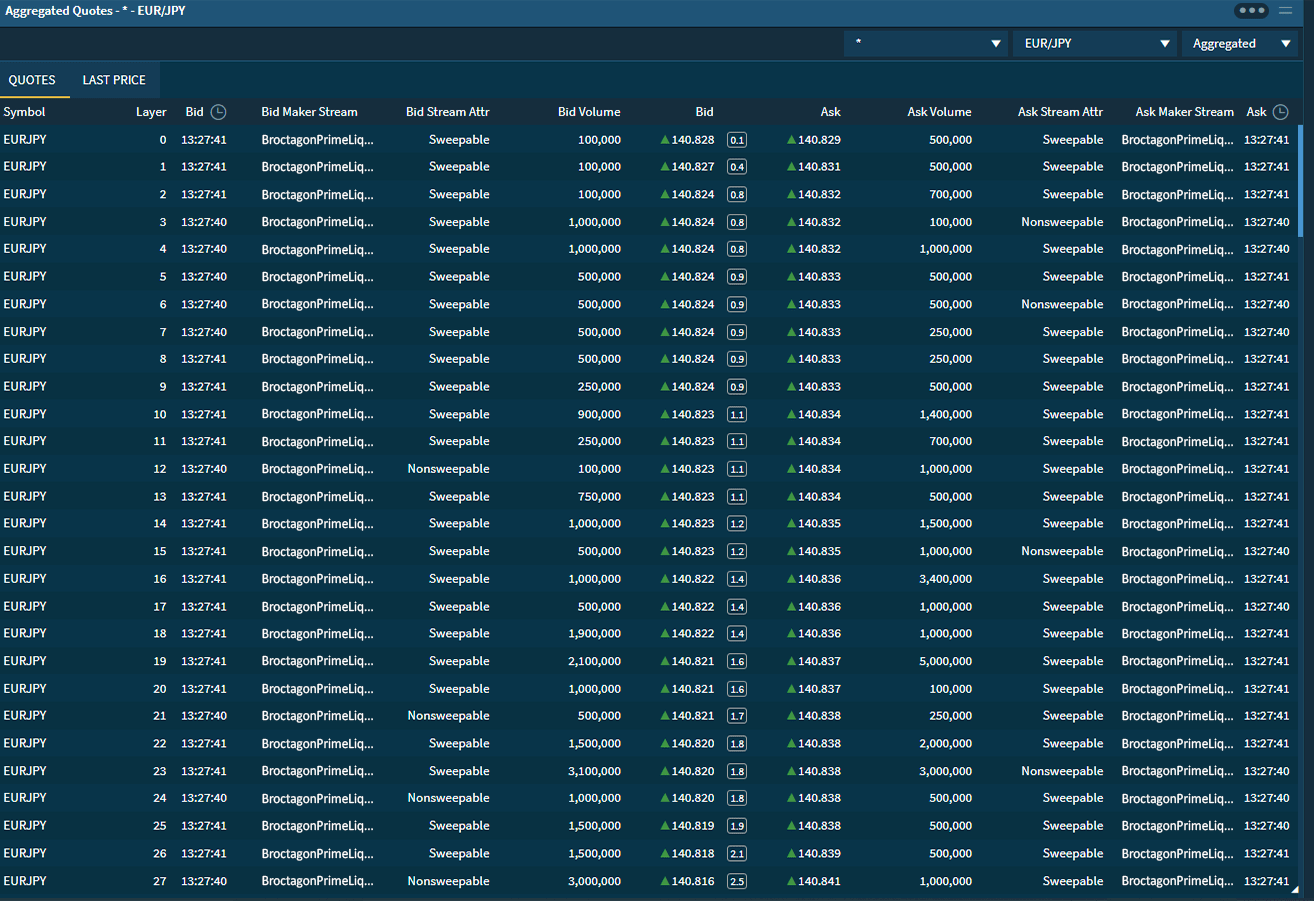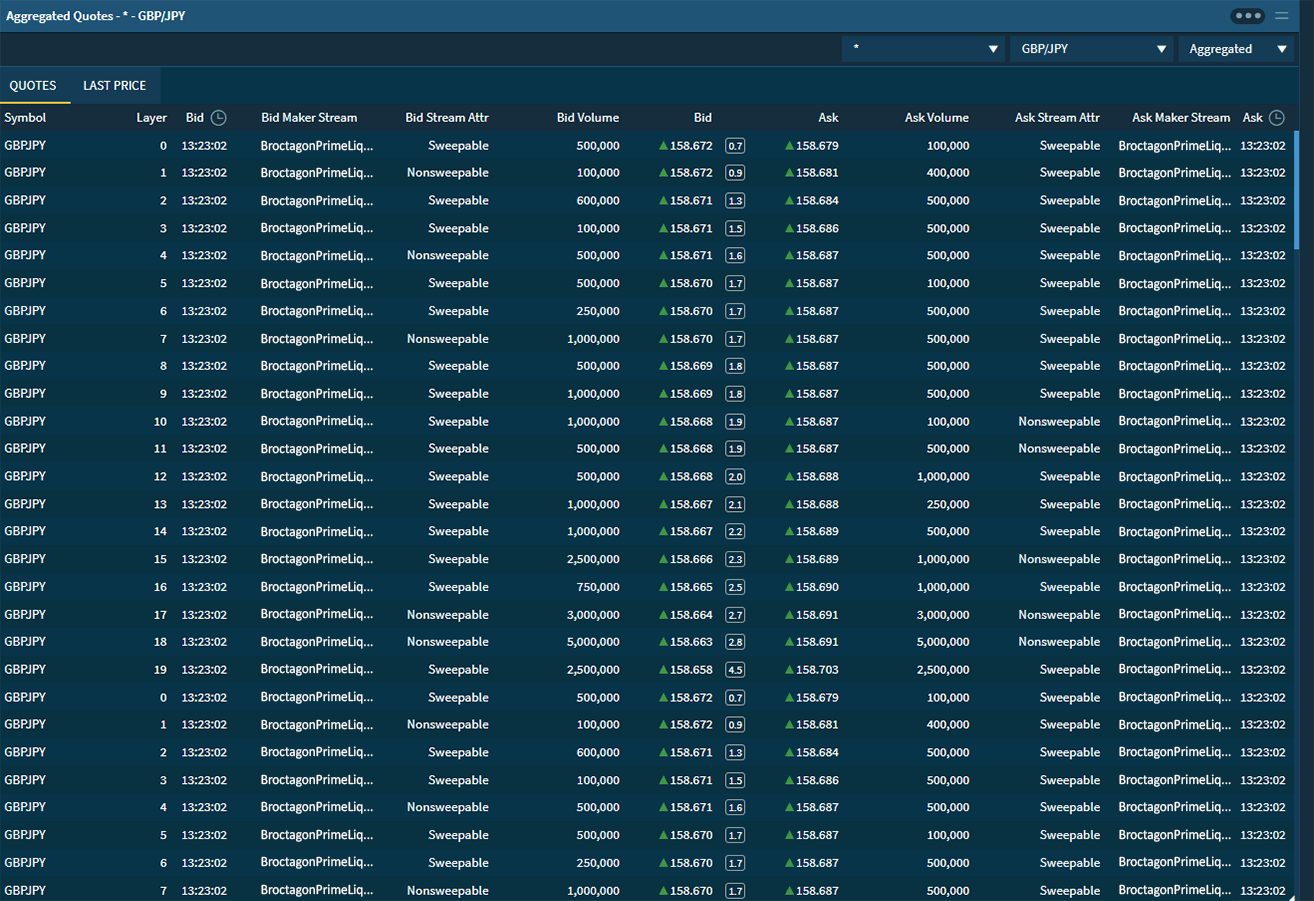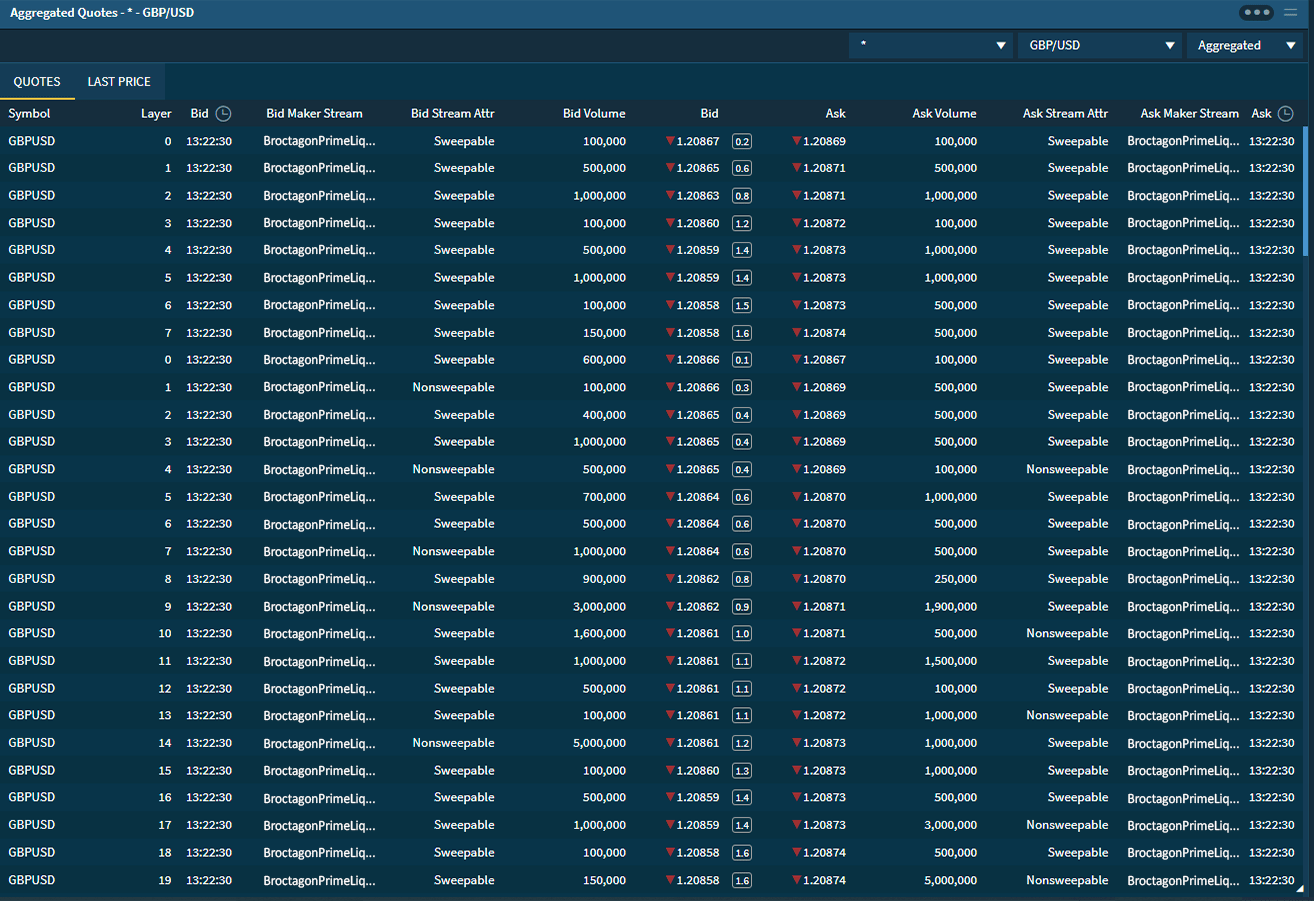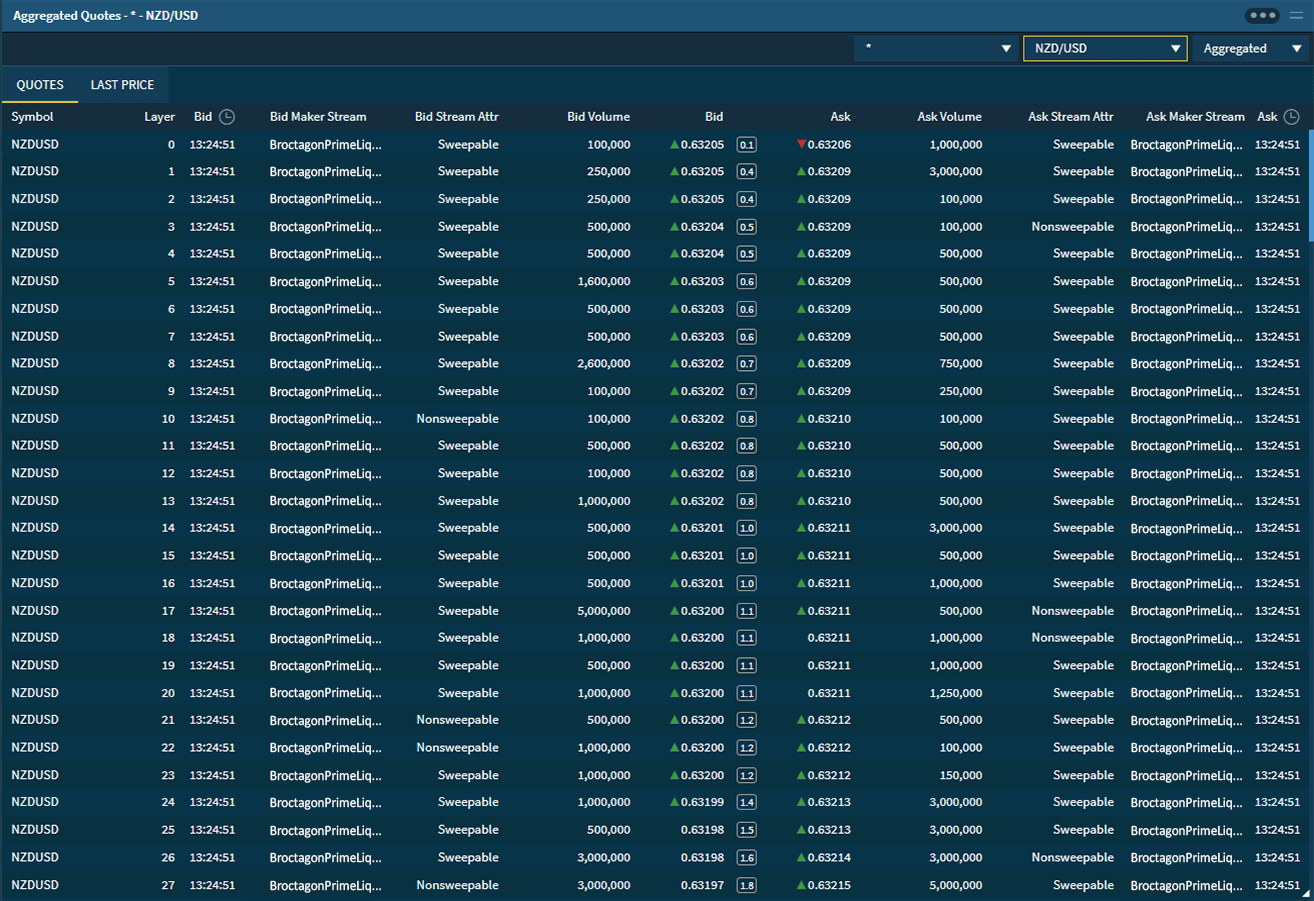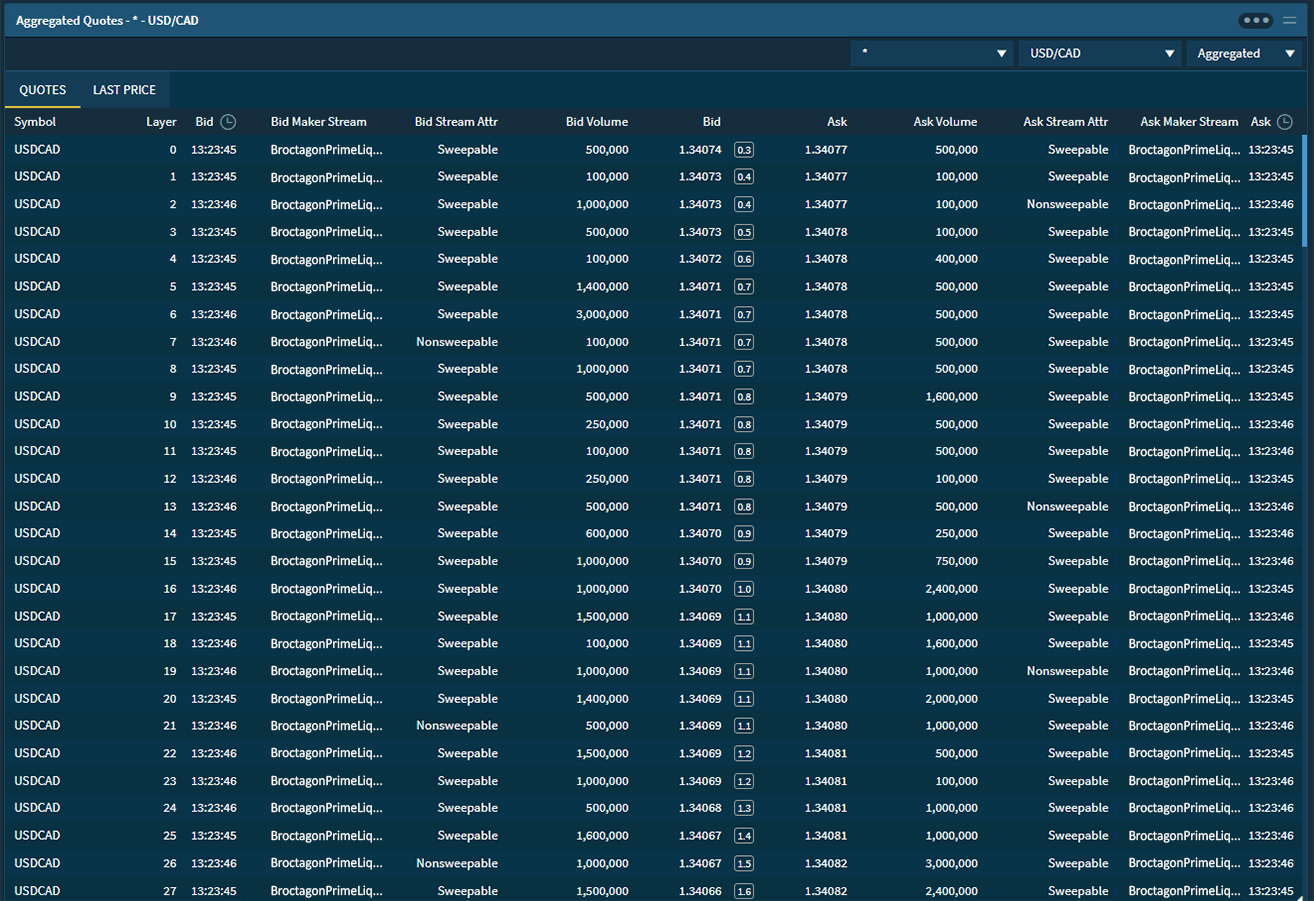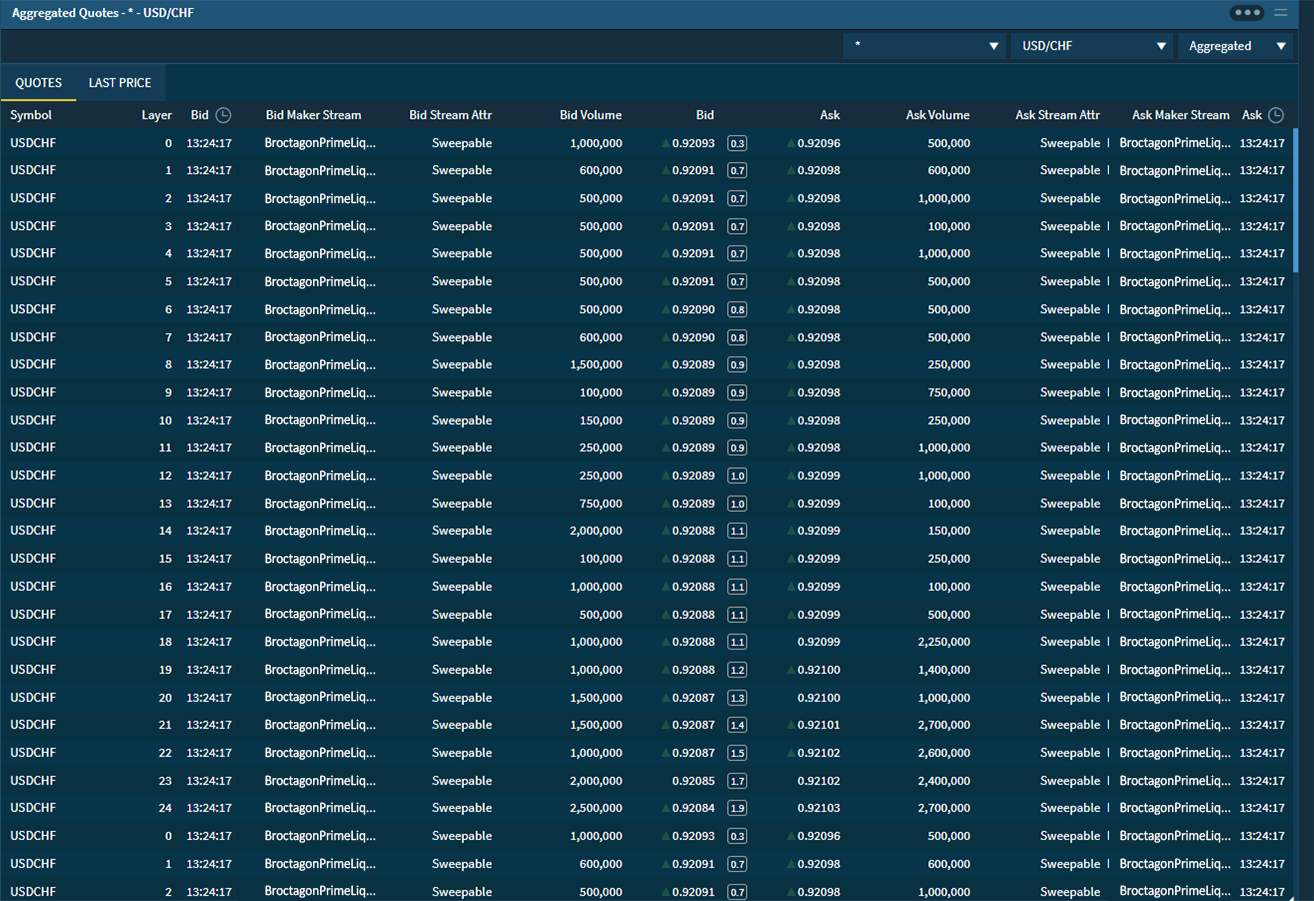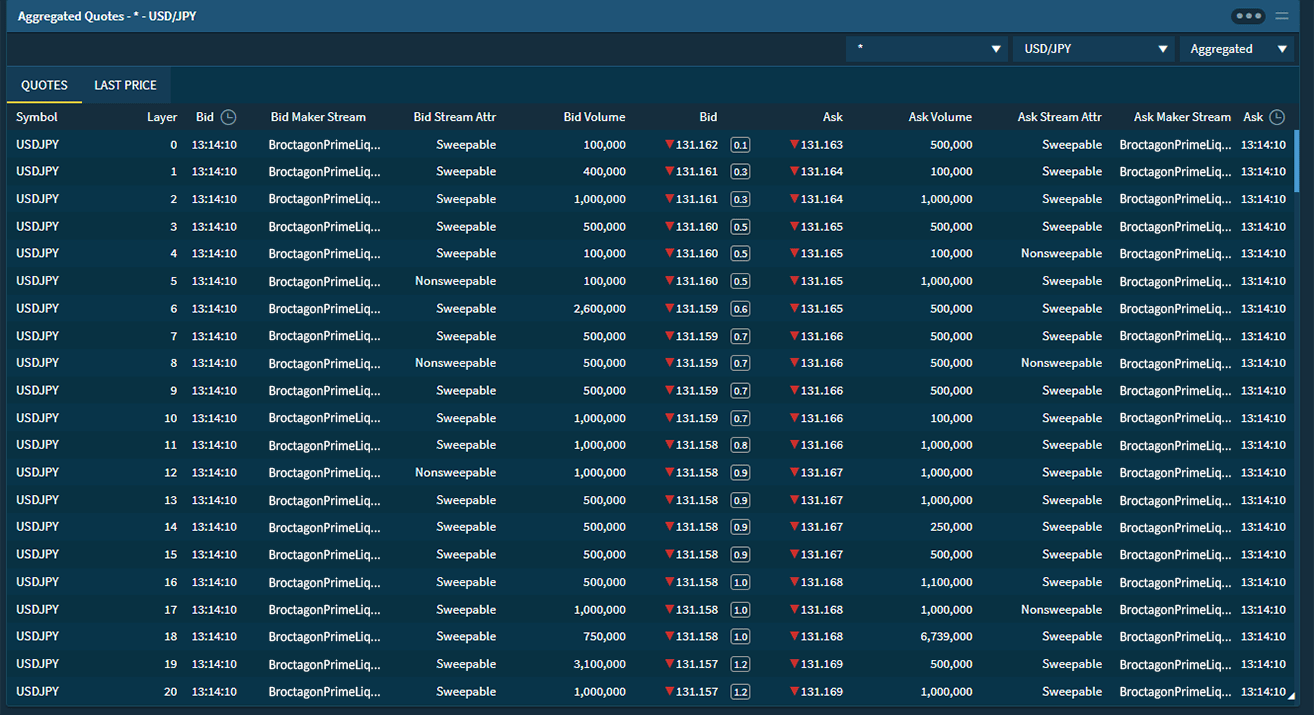FEATURE: Money can empower us to be better selves, says fintech exec

Article first published here in The Straits Times
Investing is about managing risks to reap rewards but everyone has different ideas about how to get there and just how much they are willing to gamble on reaching their wealth goals, says fintech executive Don Guo.
While many are content to play it safe by taking a slow and sure approach, Mr Guo, the 37-year-old co-founder and chief executive of Broctagon Fintech Group, considers himself an active investor with a high risk appetite.
His own foray into trading would be considered precarious and unconventional by most, given that he went into foreign exchange (forex) trading after dropping out of school.
After completing his A levels, Mr Guo pursued a diploma in physiotherapy at Nanyang Polytechnic but quit in his second year.
“It was a hard decision for me, because I loved what I was learning in the course, but at the same time I could not see myself working in this setting in the future,” he says.
Mr Guo didn’t want to apply for another course and set himself a further three years behind his peers, so he looked into forex trading.
While the learning curve was steep in the beginning as he had no relevant knowledge and experience, he started out by translating analysis reports from English to Chinese for a forex broker and benefited from the guidance of a mentor.
It was while working as a marketing consultant at brokerage Starfish Markets that Mr Guo realised there was a demand for trading-related solutions.
This prompted him to launch Broctagon with four co-founders in 2009 to provide services in the areas of multi-asset liquidity and brokerage technology. The firm now employs around 100 people.
Mr Guo, who became CEO in 2015, has a diversified portfolio that includes property projects in Jakarta and Belfast, as well as bonds, funds and cryptocurrencies.
The Jakarta project was spearheaded by one of the co-founders, who sought to build affordable homes for middle-income earners, he says.
To Mr Guo, money is about empowerment: “At a certain level, it can empower us to be bigger and better versions of ourselves.
“Financial empowerment is not dependent on how much money you make, but when you have control over your finances, you will be able to make bolder decisions in life.”
Q: What’s in your personal portfolio?
A: My portfolio is fairly diversified across various asset classes. I hold insurance for coverage, positions in some stocks and shares, foreign exchange and CFD (contract for difference) trading accounts and have also invested in a venture capital fund.
In addition, I own a stake in Physio and Sole Clinic, a physiotherapy and podiatry group in Singapore. This is a natural fit considering that I was training to be a physiotherapist at one point.
Insurance, which for me includes annuity and universal life insurance, was a must for me.
I bought my universal life policy when I bought my first property in West Coast in 2016. As I was based overseas then, it served as a cover for my mortgage in case of accidents.
About 40 per cent of my investments is in properties, excluding commercial property projects, while another 10 per cent is in insurance. The allocation to commercial property projects, and to bonds and funds, are at 15 per cent each.
The remaining 20 per cent of my portfolio is spread across cryptocurrencies such as Ether, trading accounts, businesses and cash.
Q: When did you first start investing?
A: Excluding my “investment” back in primary school when I bought country flag erasers to resell, my first real investment product was an insurance policy – a 25-year savings plan – when I was serving my national service.
It was at an MRT station roadshow, and I remember being excited about the idea that I could use my savings to earn more money.
Q: How did you get interested in investing?
A: It all started with a book, Rich Dad, Poor Dad, back in 2003 when I was 19 years old.
Reading it, I was intrigued by the concept of letting money do the work, because I had always been a believer in letting time and effort do the work.
The book certainly gave me a different perspective on how money can work, rather than just as a medium for exchange and purchase.
Q: Describe your investing strategy.
A: I am always on the lookout for good investment opportunities. The idea is to be open to learning and find out more about new concepts and trends.
While I used to focus more on property and general technology companies in the past, I have recently taken more of an interest in medtech and foodtech, although I have yet to invest in businesses in these sectors.
Q: How are you planning for retirement?
A: To me, having positive cash flow is more important than having a retirement lump sum. Hence, I am looking to build a net positive investment cash flow, instead of targeting a specific amount for a retirement fund.
I am newly married, so some of my investment goals have also shifted to prepare for my future generation.
In all honesty, retirement planning has not really crossed my mind.
Technological advancements are happening at a rapid pace, and this growth shall only accelerate further. I am focusing on grasping and understanding these, rather than planning for the time when I hang up my boots.
Q: Moneywise, what were your growing-up years like?
A: My father was a taxi driver and my mother was a kindergarten teacher. Both of them are retired for over 10 years now.
My family did not have a high income and our lifestyle was not lavish. Though my sister, who is five years younger, and I did not have the material enjoyments that some of my peers had, my parents did their best to provide for us and we went through an easy childhood where we did not feel burdened financially.
Q: Home is now…
A: I enjoy tranquillity when I’m not in “work mode”, so I bought a 1,300 sq ft five-bedroom condo unit and converted it to have three larger bedrooms. The apartment overlooks the Jurong Lake Gardens.
Q: I drive…
A: I drive a blue Volvo XC40, which is a compact sports utility vehicle. I prefer the size and bulk of an SUV.
________________________________________
Worst and best bets
Q: What has been your biggest investing mistake?
A: Back in 2018, I invested in a cryptocurrency mining set-up, which was done by a friend whom I trusted completely.
When he said he wanted to venture into the crypto space with a concrete plan, I was supportive to the extent that I invested about US$100,000 (S$134,000) in the business without any paperwork.
Sadly, the business closed after a few months and my money was not accounted for. Besides the financial hit, I was upset that the friendship was affected as well.
The lesson learnt? It is best to take emotions out of the equation when investing. In some way, this worst investment is also my best as it taught me some tough lessons.
Q: And your best investment?
A: In April last year, when Covid-19 was spreading globally, I expected that there would be a huge drop in business activities and did a short sell on major stock indexes on a US$500,000 account. I exited with an account size that had triple the funds.
The risks of taking such a position was calculated and I was prepared to cut my losses in case things did not go my way.
I used part of the profits to source and acquire surgical masks and donated them to organisations in need. This was through the help of ground-up initiative Contribute.sg, which gave out the masks to organisations that had contacted it for assistance.
About Broctagon Fintech Group
Broctagon Fintech Group is a leading multi-asset liquidity and FX technology provider headquartered in Singapore, with over 15 years of global presence across China, Hong Kong, Malaysia, India, Thailand, and Armenia. We deliver performance-driven, bespoke solutions to more than 350 clients in over 50 countries, offering institutional-grade liquidity, brokerage and prop trading solutions, as well as enterprise blockchain development.
